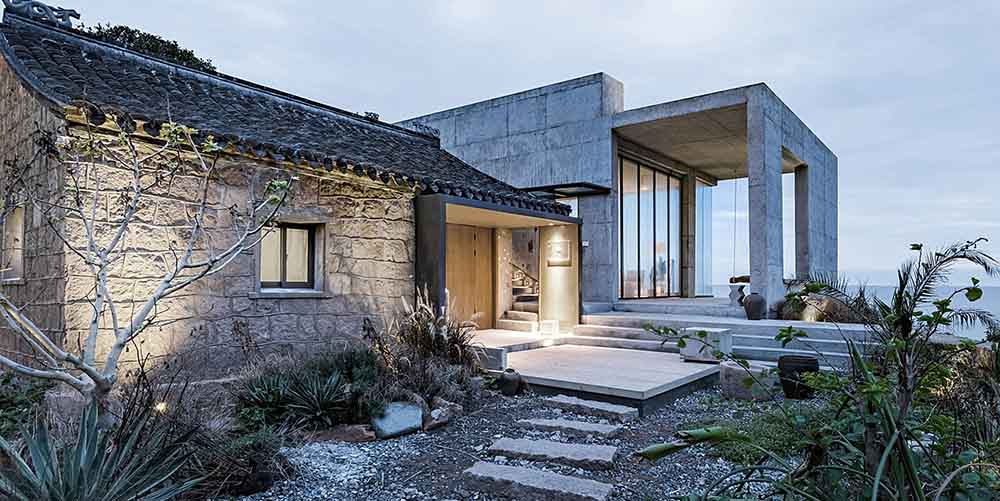
Homeowners will eventually have to face the dilemma of renovation vs. new construction. This situation occurs frequently in the situation of owning a home that is a decade or more of age. At Ultimate Construction, we’ve heard of every argument for both sides, which is why we’ve compiled the information below to help you decide whether you should consider renovation or new construction as you plan for your future home.
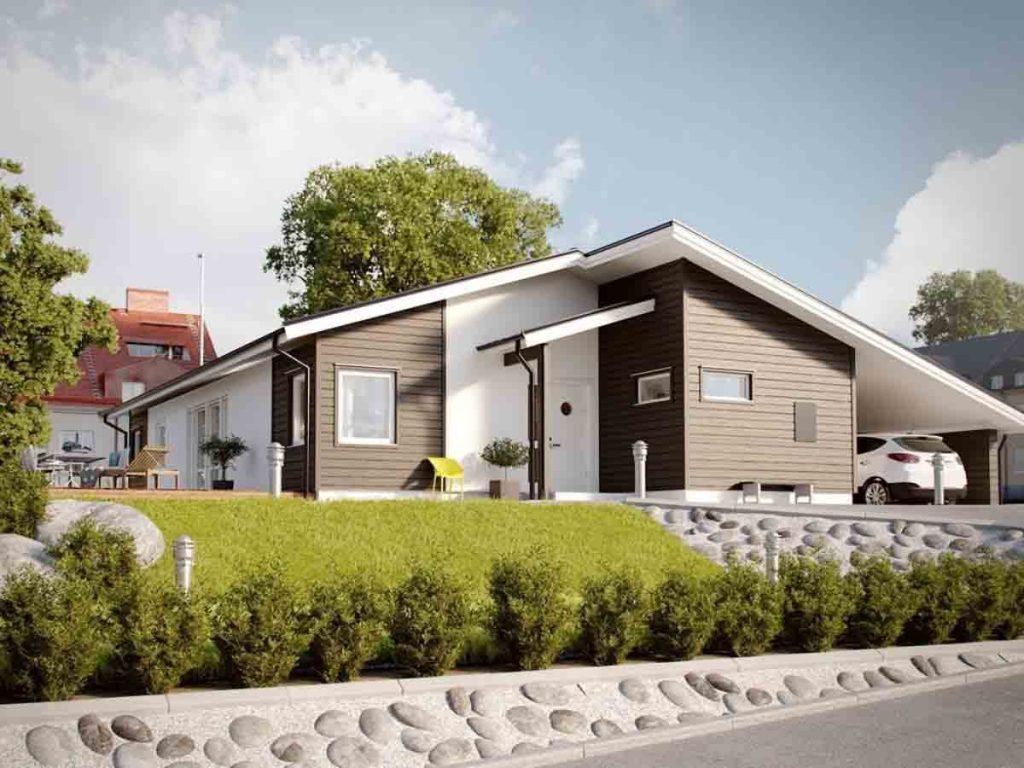
Renovation is a broad term that covers anything from a simple bathroom redesign to the addition of a new wing to your house. Renovation may not grant you complete freedom, but the contractor still needs your input.
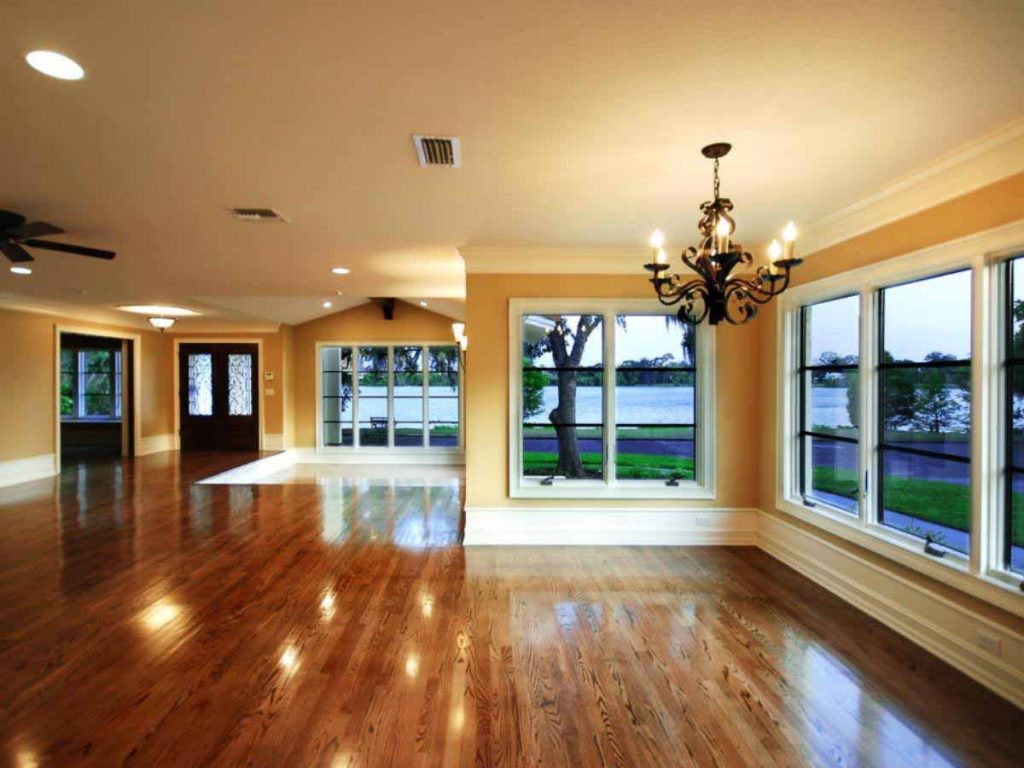
Renovation comes with many benefits that you may not have even considered:
Sometimes, you might consider a new construction, but you might only need a few renovations to your current home. It’s possible that once you make those updates, you’ll discover that you’re already satisfied.
While renovation is much more manageable than new construction, there are important questions you must ask yourself before starting.
These are simply a few factors you need to consider during a renovation, but once you have all the details you need, you’ll be ready to get the project started.
As you can imagine, a new construction involves a much larger investment, both in time and in expenses. You’ll need to work closely with your building team to ensure that your new home has been customized to your liking.
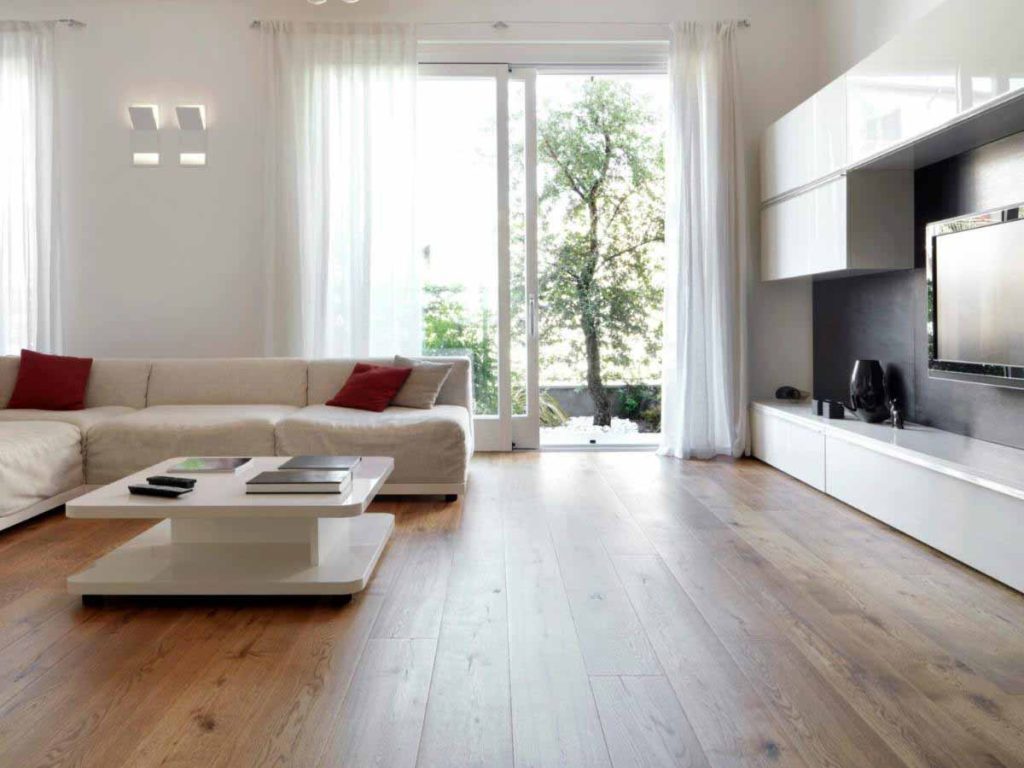
A new construction may seem like a daunting task at first, but you’ll find that there are benefits to building a brand-new house.
A new construction allows for everything to be built according to your specifications. Only budget and imagination can stand in the way of your vision.
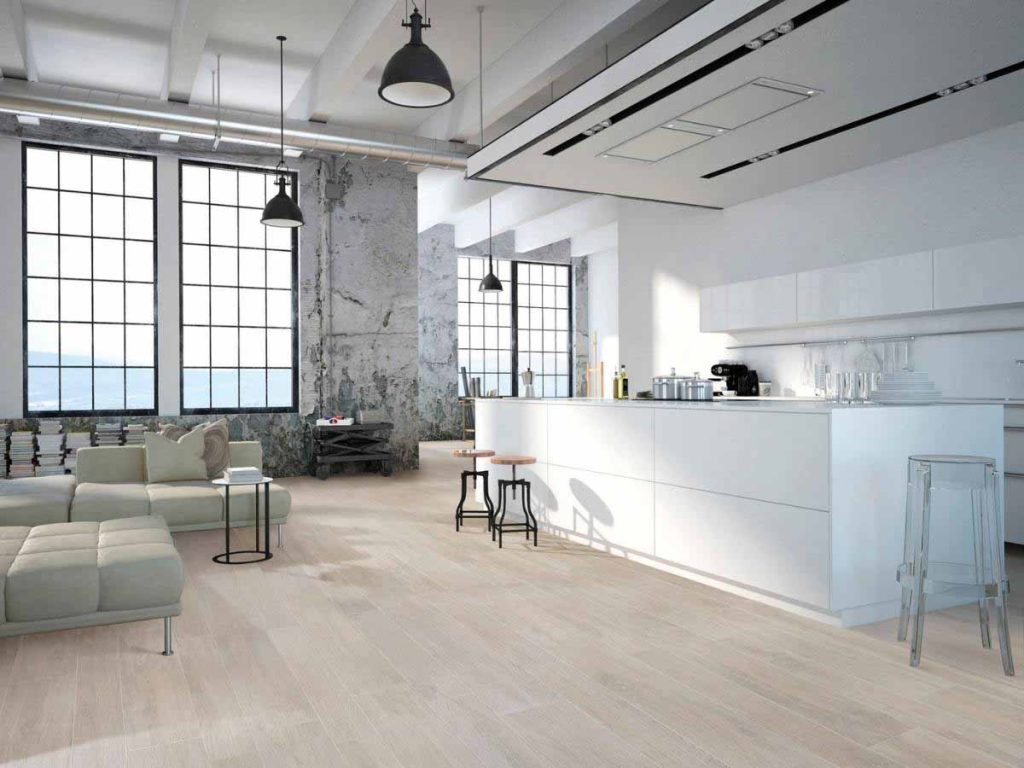
When making the decision to construct or renovate, the answer is going to come down to your personal needs. Here are some questions to ask yourself before starting your project:
Your needs, situation, and budget help you make your final decision. Your best option is to contact a construction company to help you effectively deal with the problem. At Ultimate Construction, we will help you identify the source of the issue and provide the best solution. To obtain a free quote from a professional with over 26 years of experience, contact David Magill at 210-379-4348.
1. When should I consider renovation instead of new construction?
If you find that you are satisfied with your current home, except for a few small parts of it, we advise renovation against construction. Since there are so many traits you already love, it is likely that updating the parts that you don’t like will bring you more satisfaction than constructing a brand-new home.
2. Which would cost less renovation or new construction?
This depends on the scale of your construction or renovation. In some cases, a large-scale renovation may cost more than a small-scale new construction. However, we’ve found that new construction generally costs more than renovation, due to the amount of different expenses involved.
3. Which is more environmentally friendly?
Again, this can vary from case to case. In general, however, since you have so much freedom of what you put into a new construction, building a new home has the potential to be environmentally friendly depending on the materials and landscaping you opt for. There also are renovations you can make to an existing home that can make them more ecofriendly and energy efficient.
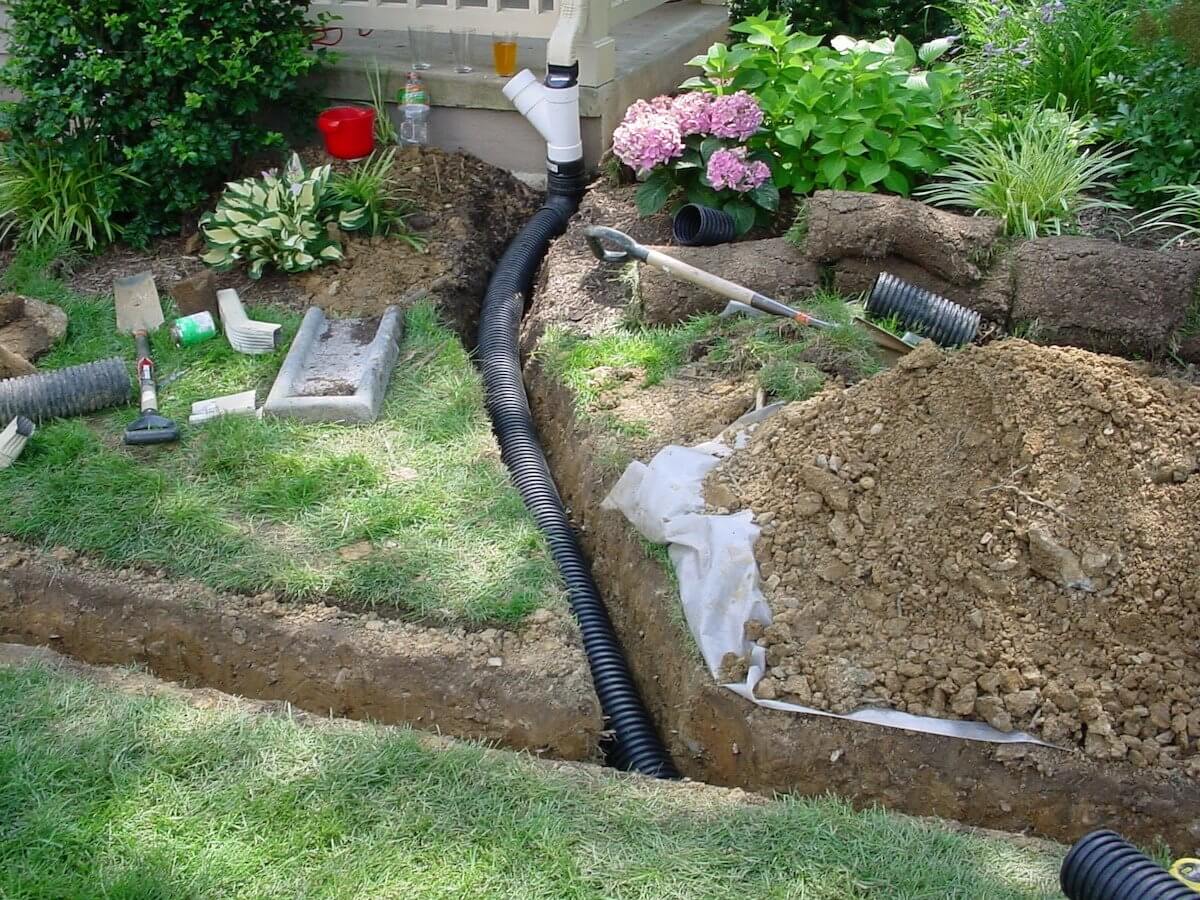
Wouldn’t it be the best feeling to look over at your yard and see a fantastically manicured landscape? Whether we are referring to the front yard or the back yard, this outdoor space requires a certain amount of attention. But an improper yard can be one of the most frustrating outdoor issues a homeowner has to deal with, every time that it rains homeowners might feel as though their lawn becomes a swamp. There’s nothing more despairing than the dreadful sight of a water-filled spot in your yard. Therefore, why does your yard resemble a small lake? The answer is simple, yet complex—a yard drainage problem. For a healthy outdoor you may have overlooked maintenance issues once in a great while and for this, you should find a landscaping contractor who actually knows what you need. It’s tough to determine the exact source of this information, but over the years, we’ve seen them all from minor problems to serious ones. Below are some common yard problems and their solutions to help you to figure out your next yard drainage repair and when to call a professional.
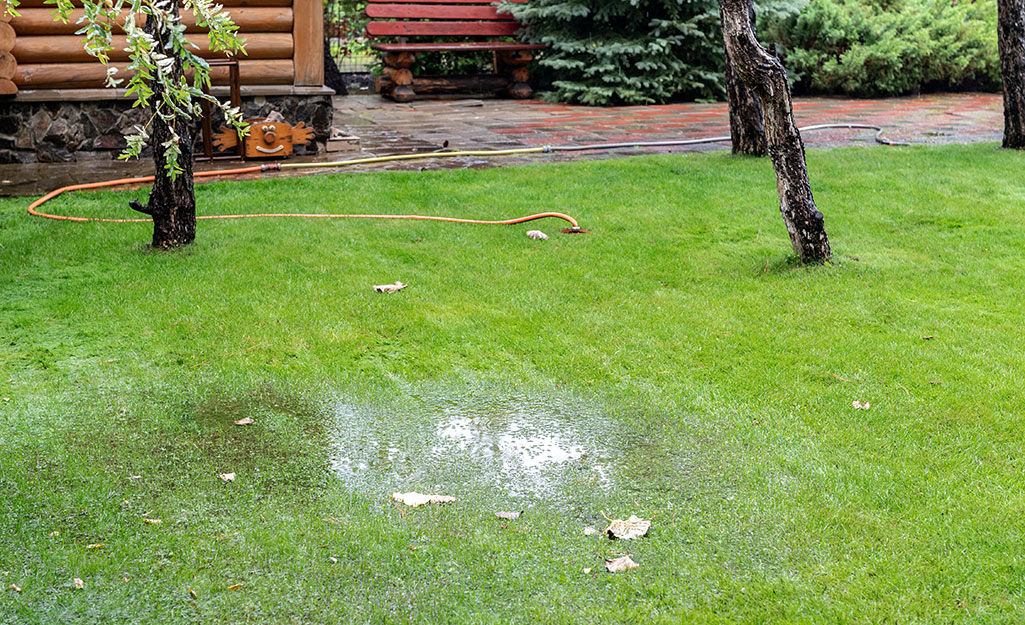
Inadequate yard drainage can be one of the most frustrating problems. Standing water causes landscape problems such as grass death, the growth of mold, and issues with the foundation. Also, the puddles become a breeding ground for mosquitoes. Fortunately, some fixes can get done manually, but others will need you to seek professional help.
Excess leaves and grass clippings build up over time and prevent water from draining completely. Make sure you clear off this blanket of debris in your yard. You can use a lawn rake or a power rake to eliminate the material that’s covering the surface.
As the year’s pass, your yard could lose its original slope which is also known as grading. As a solution, you can hire a professional landscaper to survey your yard and identify the trouble spots. They will then advise you on which areas need re-grading and then carry out the task.
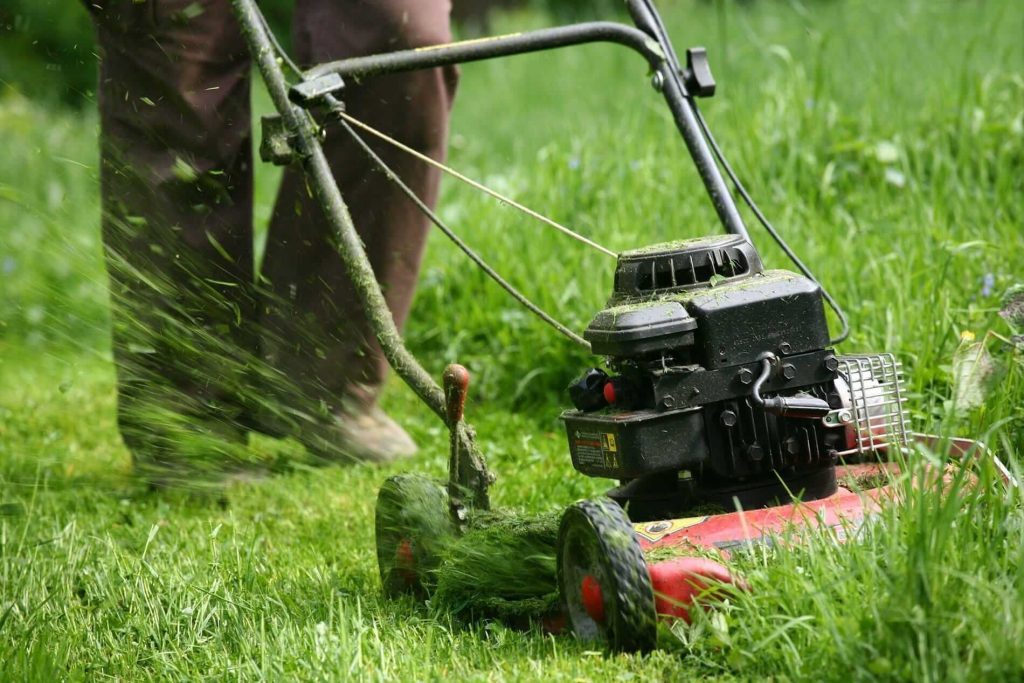
These are thin, shallow grooves that are found in yard after you run a lawn mower over wet soil. You might notice them if you either hear squishy sounds on the ground or when the ground displacement quickly happens after being stepped on. These ruts, which are a sign of oversaturation, can damage a healthy lawn.
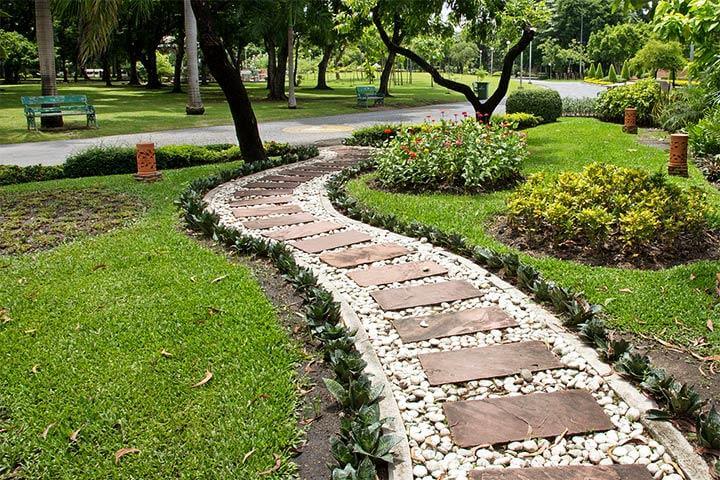
Sometimes the runoff that comes from your downspout carries away the topsoil in your yard which then causes erosion.

Paths and patios are prone to flooding because of problems with exterior designs that cause water to settle in large areas.
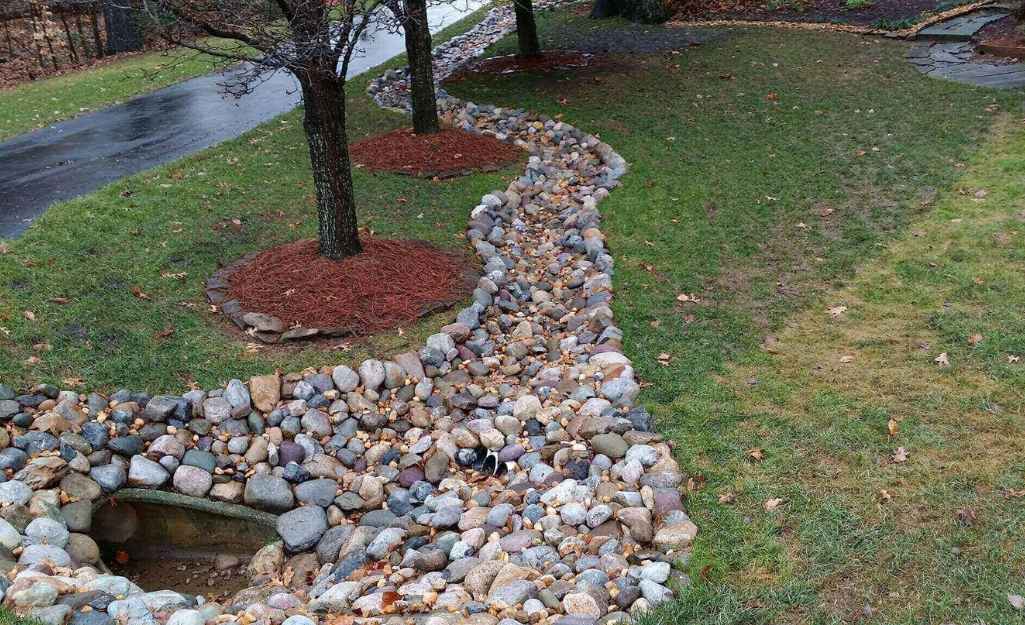
When you detect spots in your yard that are soggy despite not having been watered recently, then you’re in need of a yard drainage repair.
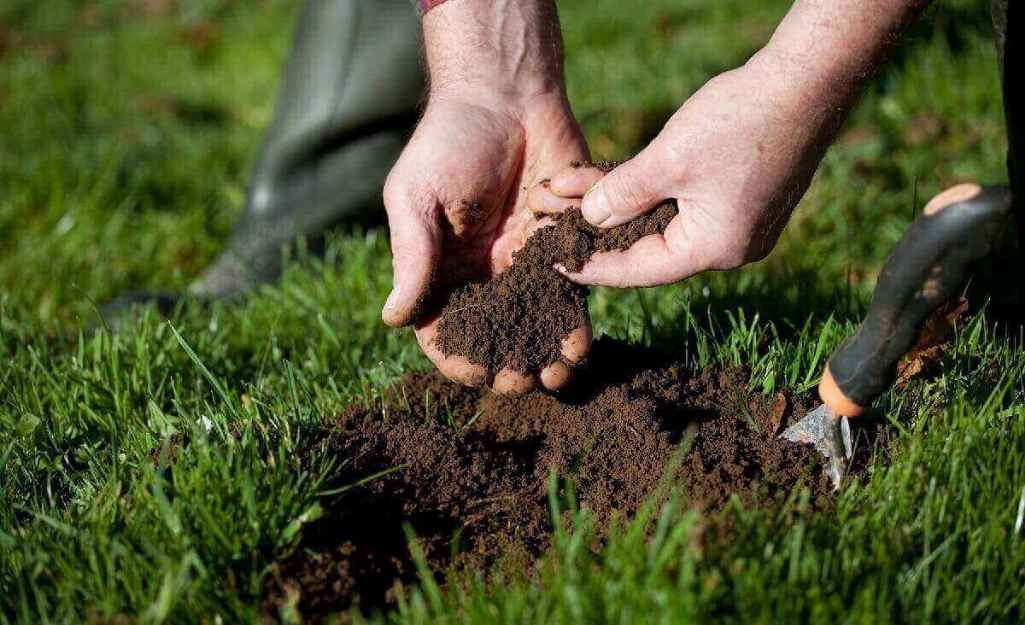
This yard drainage problem can be caused by excavation projects that involve loss of soil structure, nutrient degradation, soil salinity and a pool installation.
You can therefore improve the soil permeability in your yard by reducing the compaction and amending the soil. For starters, try adding humus if the soil contains clay. It improves soil’s permeability and eventually the drainage.
Overall, your best option is contact a water drainage company to help you effectively deal with the problem. The professionals at Ultimate Construction will help you to identify the source of the issue and give the best solution. To obtain a free quote from a professional with over 26 years of experience, contact David Magill at www.constructionsatx.com.